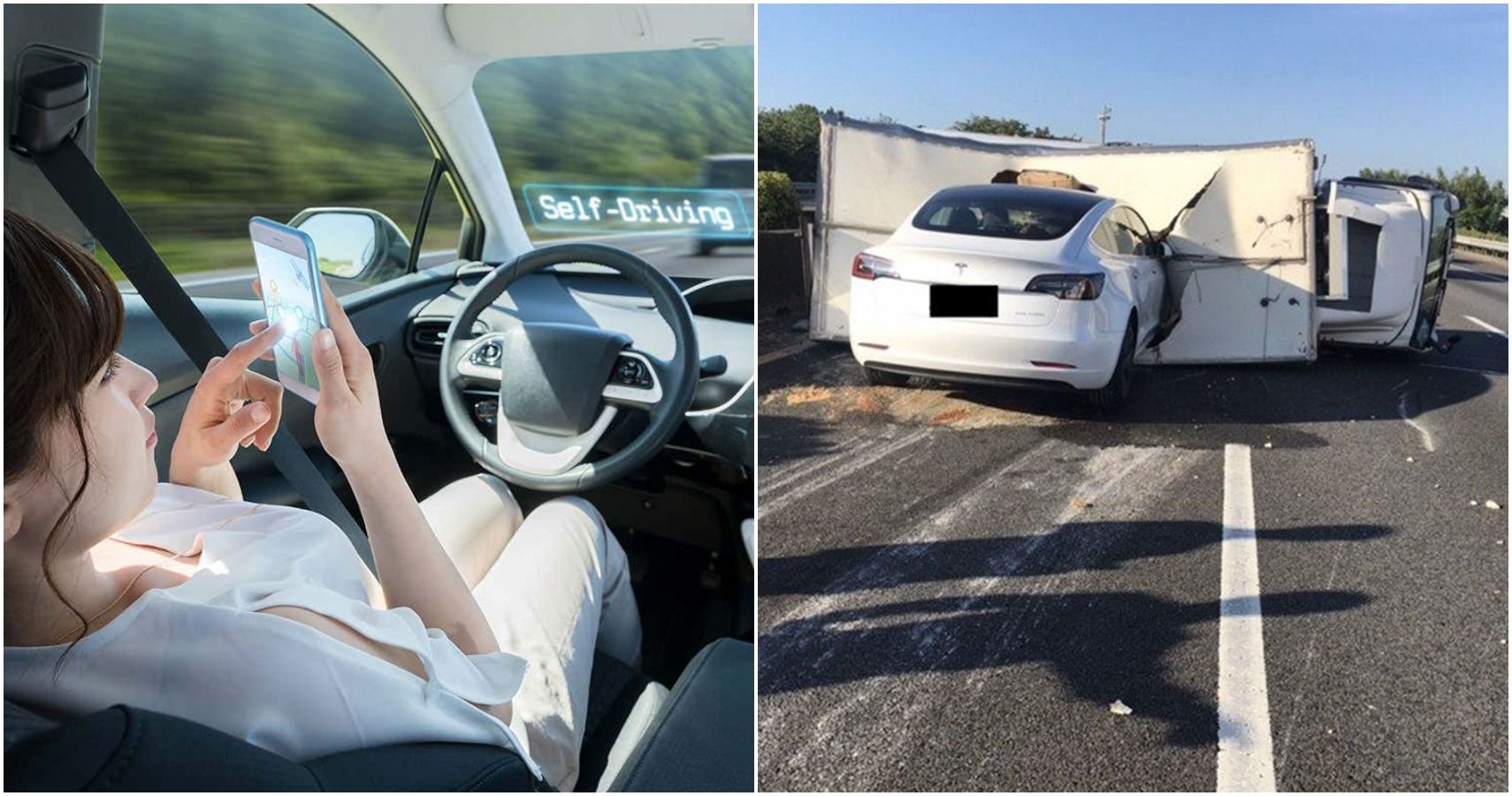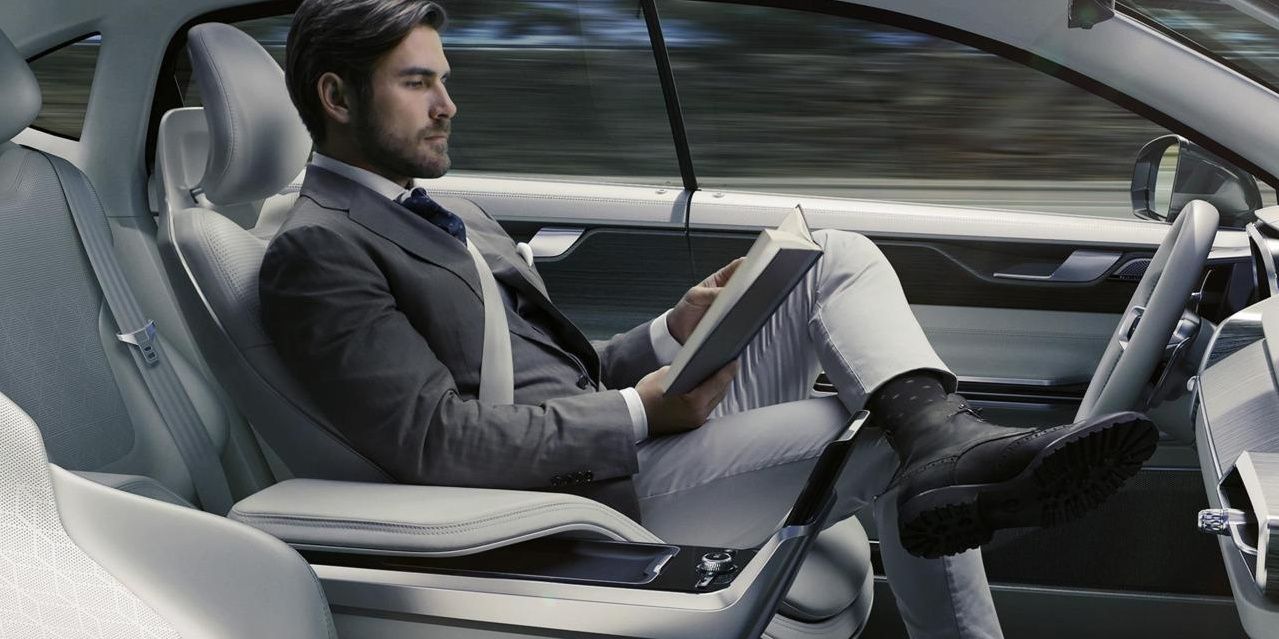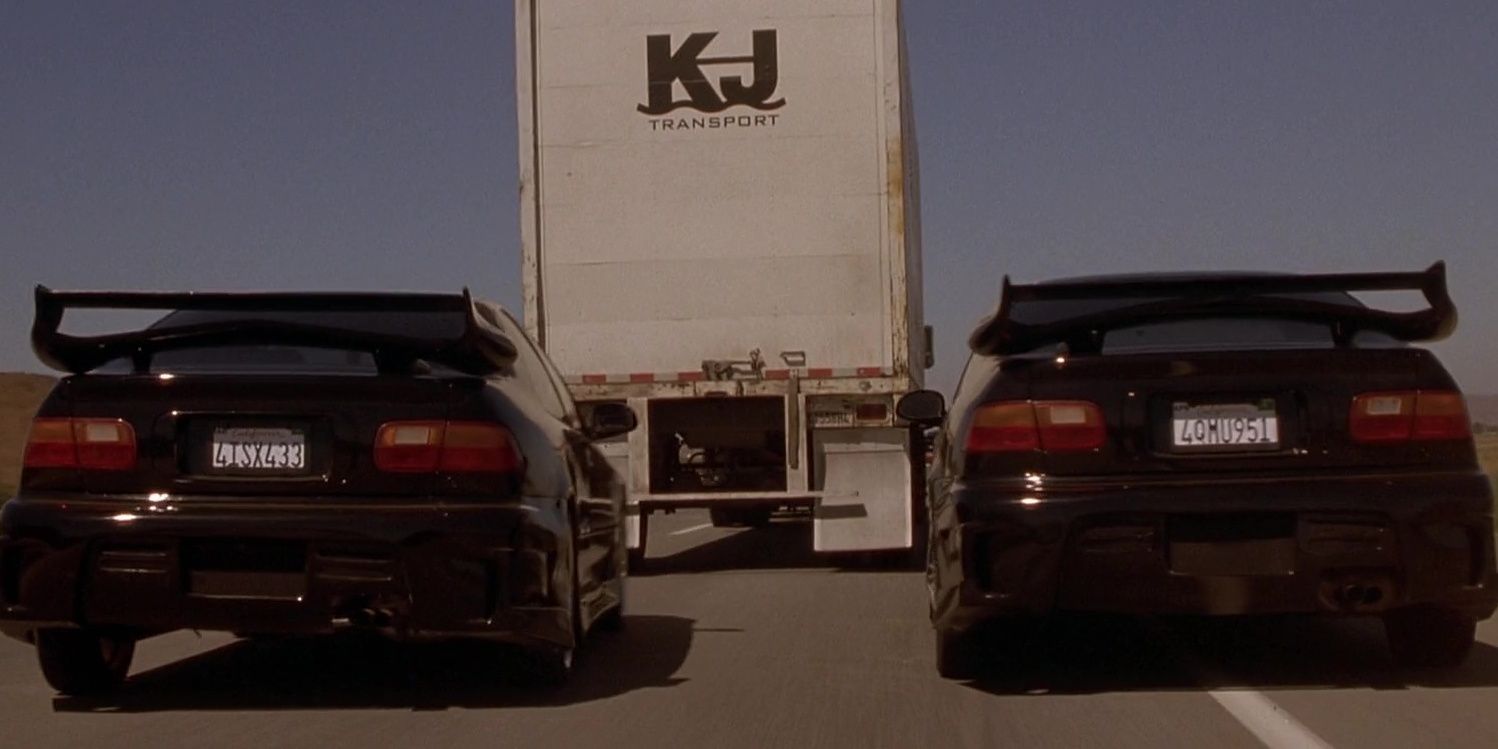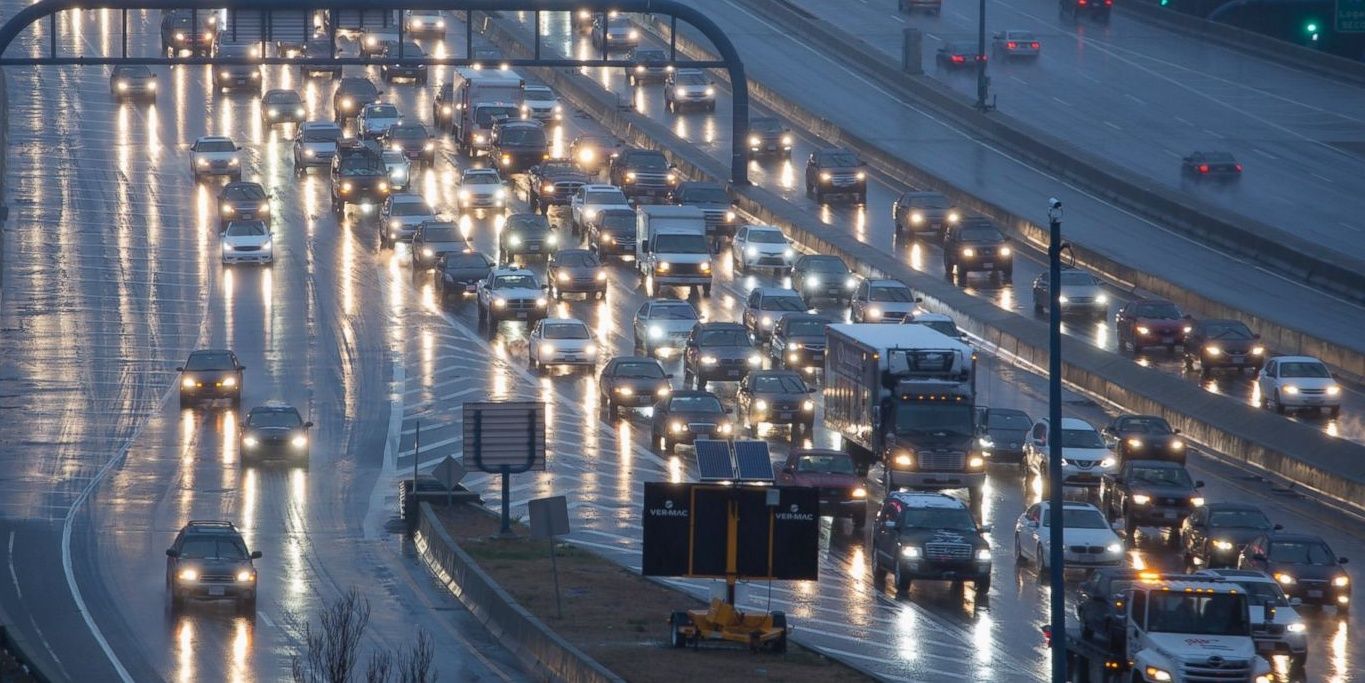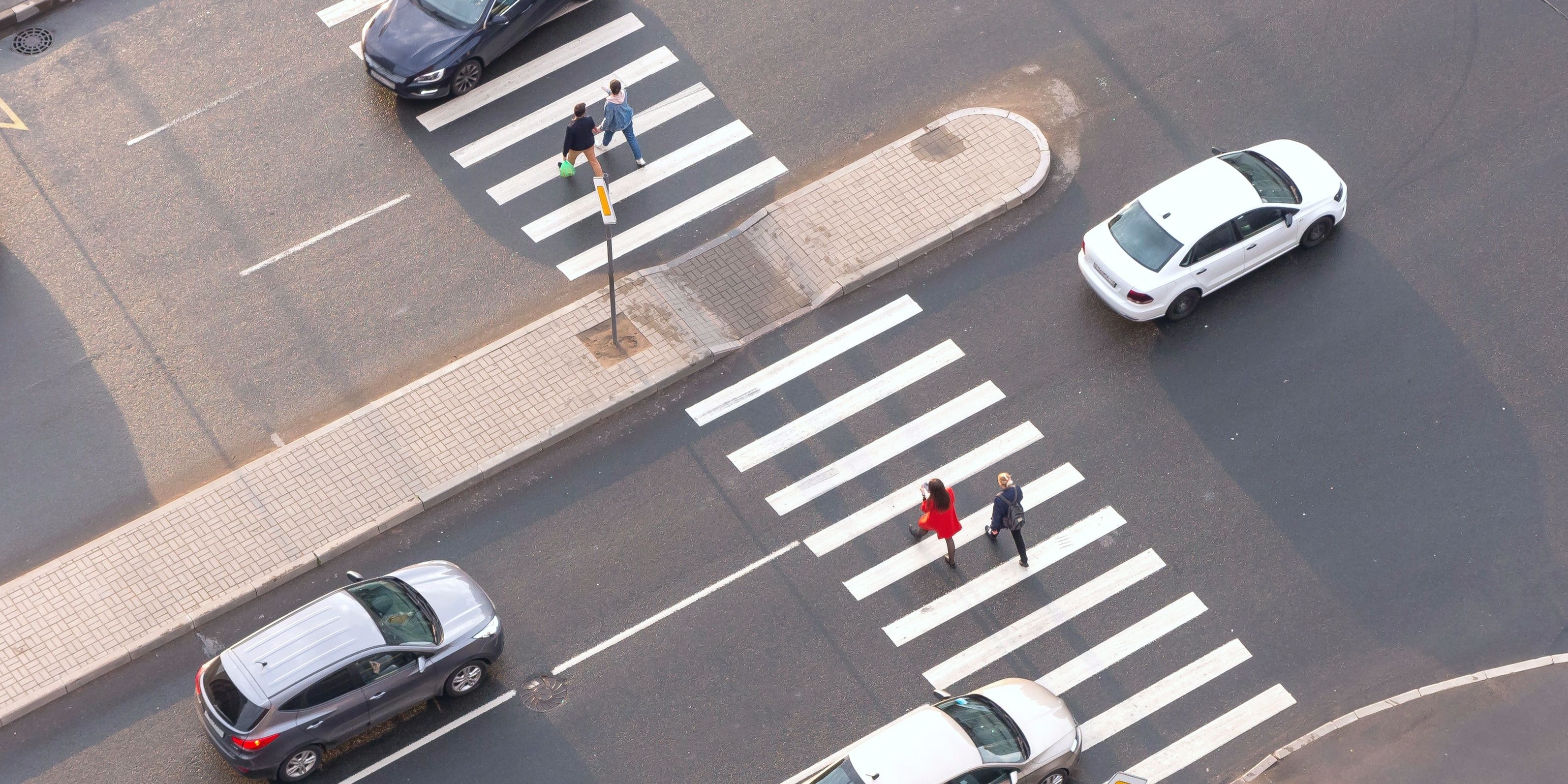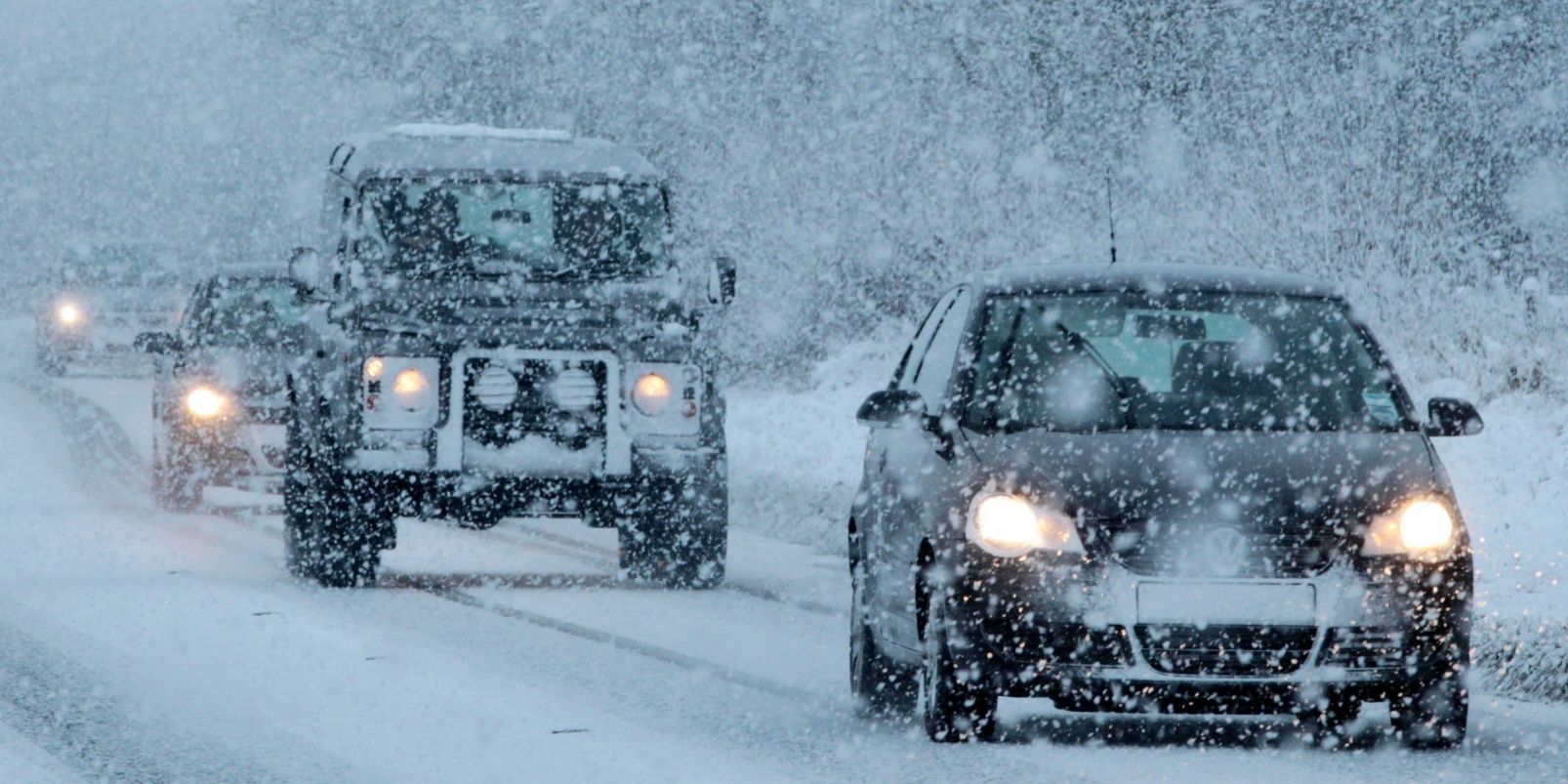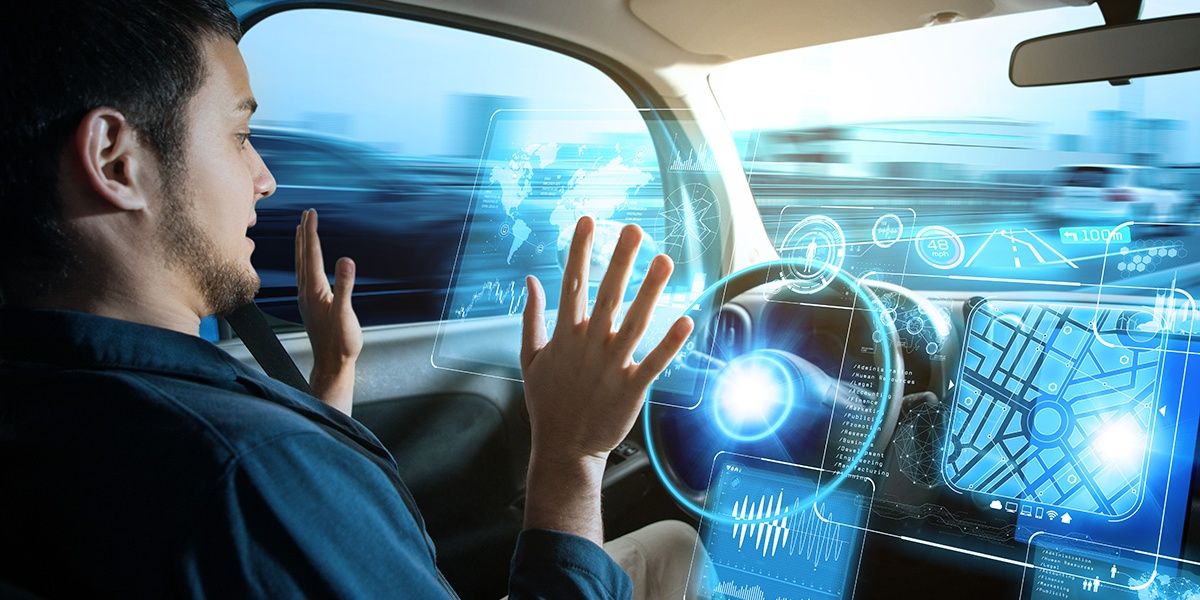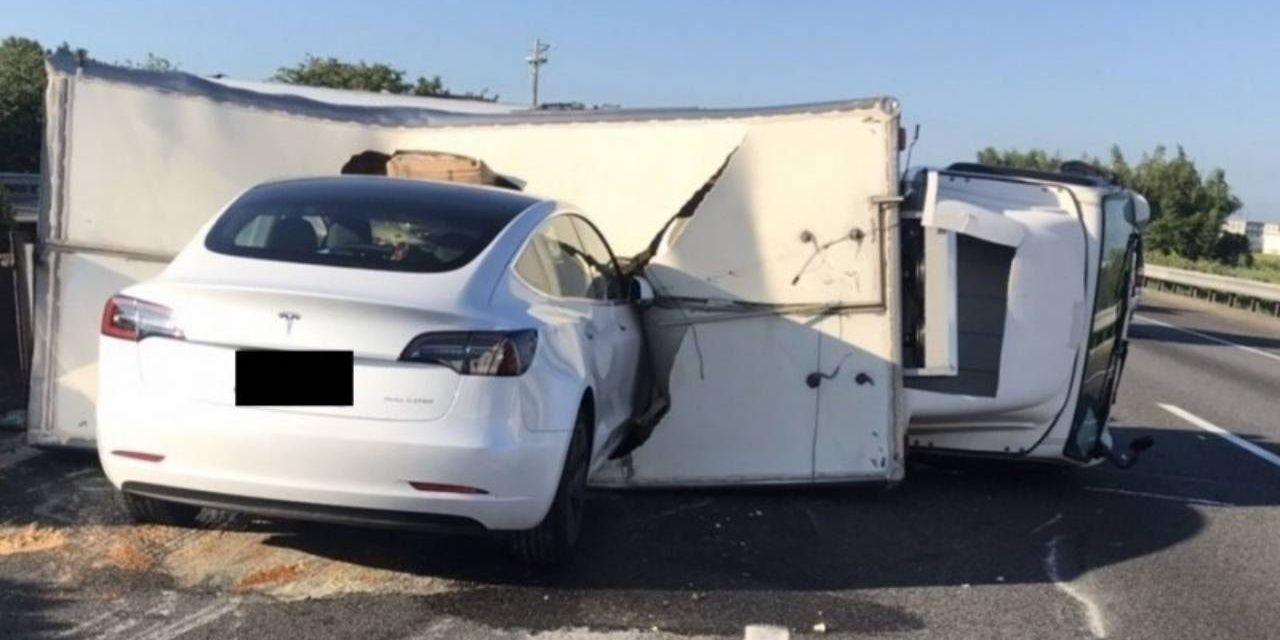Autonomous cars or simply driverless cars are the future. Or so is claimed by many experts in the automotive industry. But is it really? We are still far away from reaching a level of technical prowess to perfect autonomous driving. Yes, we have seen autonomous cars achieve some remarkable feats, but we've also seen how they can go astray and cause damage.
Saying this is in no way taking away credit from manufacturers that have put in millions of dollars in the development of this technology. Good job! keep refining it. However, there are some facts that are downright scary and will keep some customers at bay from completely accepting self-driving technology such as that used by Tesla. Here's a list of 10 facts that will make you rethink your opinions on autonomous cars.
10 Rules And Regulation
There's no denying the fact that we are currently in an evolutionary phase. Rules and regulations are being altered as and when incidents happen and research reveals particular facts. There are many manufacturers who are already in this space, but there are no safety regulations in place due to the lack of available information.
From a broader perspective, this is great for manufacturers as they can try out new technologies and upgrades on their cars. But this is especially not so great for the customers who are essentially becoming voluntary test mules for the manufacturers.
9 Possible Threat
Companies like Uber have also been working on autonomous cars. The possibilities for transport vehicles to be autonomous are being considered as well. Now while just sitting in a car without a driver that will take you to your destination may seem like a great idea, it also leaves the person vulnerable to crimes.
An organized unit can any day just attack a vehicle and the customer will be nothing but a sitting duck in this scenario. Imagine how easy it would be for Dominic Toretto's crew to plan a heist on a self-driving truck carrying a bunch of electronics!
8 Radiation
We've all heard about the long term ill-effects of radiation from phones and other electronic devices. The list of electronic equipment in a driverless car would run for miles. You have major components like LIDAR, RADAR, GNSS (Global Navigation Satellite System), loads of cameras, and an inbuilt computer that is processing live data and storing it. Apart from these, you have a bunch of sensors, actuators, and systems like Bluetooth, WiFi, etc that just add to the existing pool of radiation. Exposure to such levels of radiation can pose serious health threats to some individuals with pre-existing conditions.
7 Traffic
In autonomous mode, self-driving cars are careful and maintain a safe distance with other cars. Initially, the roads will have a mixture of human-driven cars and autonomous cars which will make heavy traffic conditions worse (and also the emissions). The extra cautious autonomous cars will keep their distances and wait for the ideal condition to move ahead which will just build up the existing traffic. This condition might get better when there are just autonomous cars on the road, but be prepared to sit for long hours and massive pileups.
6 Reckless Driving
It's no secret that the roads are filled with idiots. While a majority of drivers follow the traffic rules, there are some who drive recklessly just for the heck of it. A driverless car is an easy target to be taken advantage of by someone who intentionally cuts you off and won't give way. Conversely, a slow-moving autonomous car can spike up rage in a person because the car won't give space for him to pass. Humans are unpredictable and so are their reactions to situations.
5 Emergency Situations
While autonomous technology can reach near perfection, the roads on which they will ply, won't. Driverless cars need perfect conditions to operate in, which might not be the case all the time. Poorly marked road crossing, a broken traffic light, etc can confuse the car. Furthermore, a random pedestrian walking across the road might not always be detected by the car in less than perfect conditions. Given the current situation, autonomous cars are good to drive on the highways and motorways, but the same can't be said in some of the urban conditions.
4 Challenging Driving Conditions
Driving over snow or in heavy rains isn't same as driving on dry roads on a sunny day. A driver has to be careful and feel the car and the road continuously to drive safely. In such situations, an autonomous car will have to process so much data that it will be near impossible to match the precision of human driving.
The rain will make it harder for the sensors to gather data and snow on the road will basically make it harder for the car to read the lanes.
3 System Malfunction
With so many sensors and systems working simultaneously all the time, it's hard to ignore the chance of something going wrong. Glitches or errors in the system can have a domino effect and bring the whole system to a halt. Furthermore, driverless cars are always connected with each other and the internet, to warn the other cars regarding roadblock or traffic. But what about areas with poor reception? This still remains an issue with connected cars.
2 Hacking
An autonomous car is connected to the internet which in itself is no stranger to hacking. Your car will basically be a portable personal box with loads of information being uploaded to the internet every second.
For hackers, it's another place to hack from and misuse the information. Something that's even worse is someone taking control of the car remotely and you end up in a completely unknown destination. This nightmarish situation is completely feasible and something that just cannot be ignored.
1 Liability
Minor fender benders are something that can be negotiated by the two drivers, but how would that pan out if there was no driver? Who'd be responsible for a major accident involving an autonomous car? The customer entrusted the autonomous technology and let the car do the driving which resulted in an accident under some peculiar conditions. In this case, will the manufacturer take the responsibility of all their vehicles and settle the lawsuits? Or will it be the provider of AI technology be held responsible? As of now, there's no clarity on this which makes it even more difficult to place your trust in self-driving cars.

